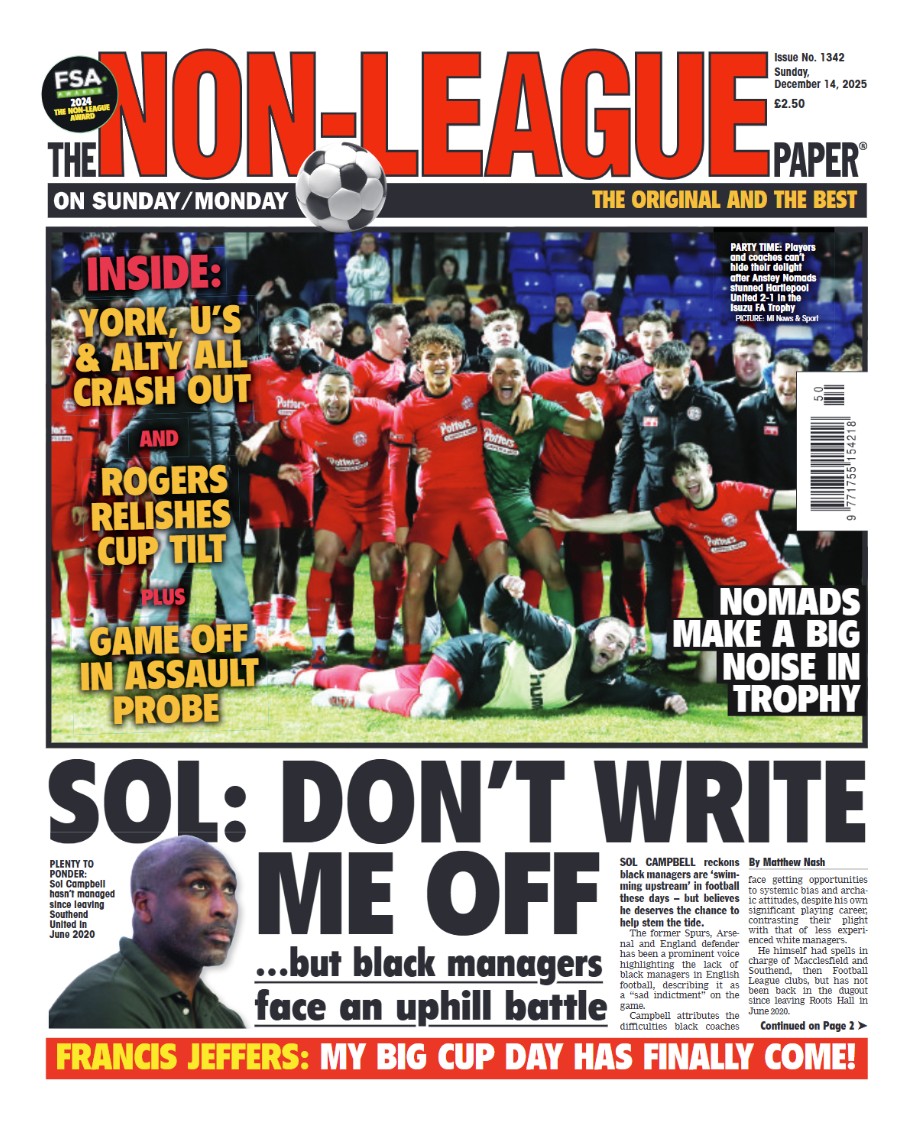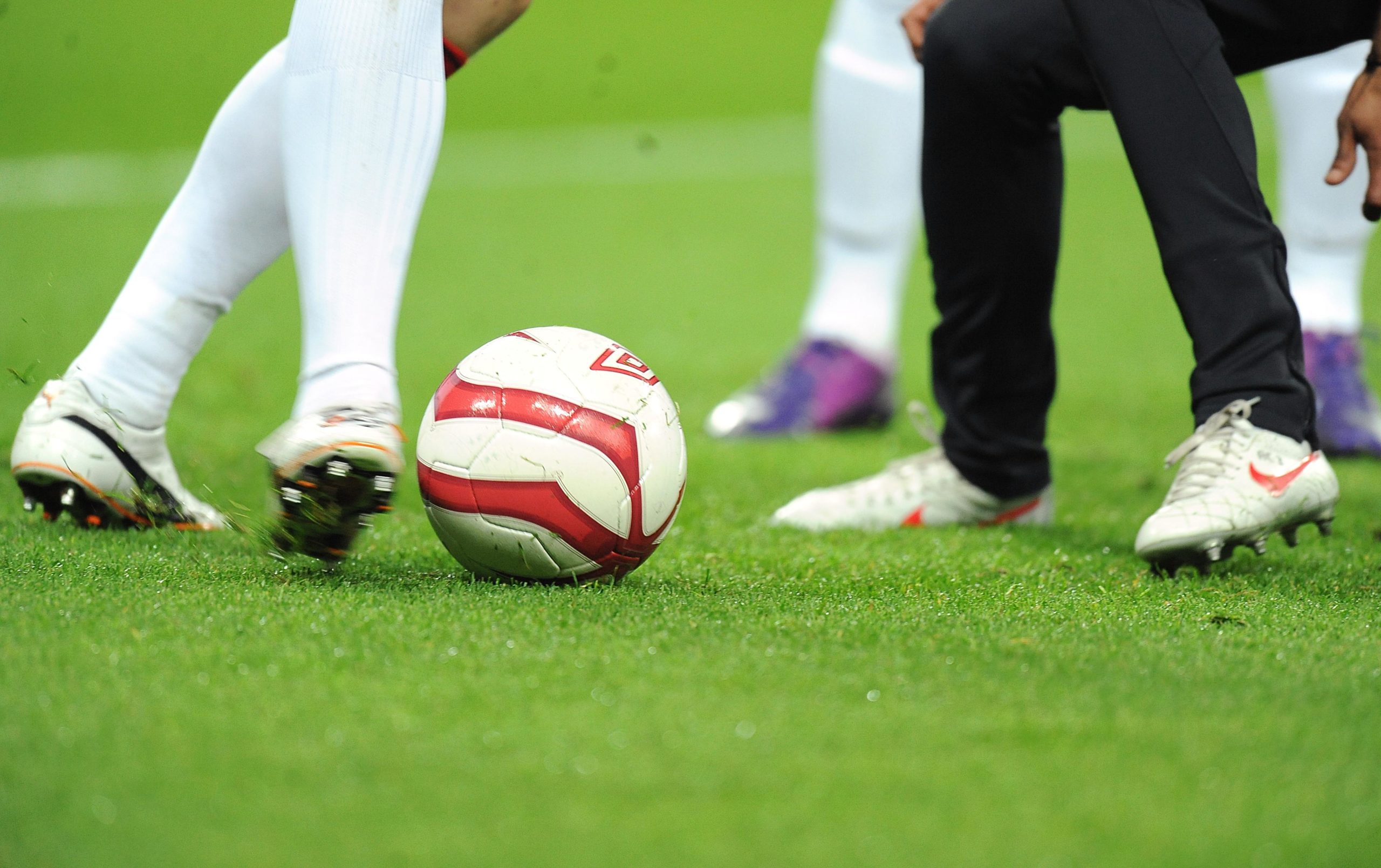
Despite the progress being made when it comes to inclusivity in sports, football in the UK remains a hotbed of discrimination, described by football’s main equality and inclusion body as the “wild, wild west”. Statistics from Kick It Out—the organisation in question—revealed that incidents of discrimination across both professional and non-professional leagues rose by a third during the 2018/19 season.
The issue of racism in football has been all too prevalent in recent years, with a series of high-profile incidents involving players and fans occurring at both club and international level. This isn’t just an issue with those on the pitch, with episodes of racist abuse between fellow spectators during games also common. Meanwhile, homophobia and sexism in the sport remain rife, and the needs of many disabled fans still aren’t being catered to by their teams.
More can and should be done to promote equality and inclusivity within the culture of the game. Even though organisations like Kick It Out, and LGBT charity Stonewall, are working towards this, the responsibility ultimately falls on the shoulders of football clubs, and this goes beyond just stemming the tide of abhorrent abuse. Teams, leagues and governing bodies need to take measures to make sure everybody knows they’re welcome in the stands.
Create more inclusive stadiums
It’s a sad reality that many disabled football fans are put off going to football stadiums, and often find it difficult or virtually impossible to visit certain grounds. Reasons range from a lack of accessible toilets to insufficient parking facilities. For instance, over a third of Premier League clubs still have 50% or more of their accessible seating located at pitch level, despite the Accessible Stadia Guide requiring the figure to be no higher than 25%. This is because pitch level seating impedes the view of wheelchair users, leaving them exposed to poor weather conditions.
Furthermore, the Inclusive and Accessible Stadia survey found “a failure even to train staff in basic disability awareness” at many clubs. Many women are put off watching games due to widespread sexism in stadiums, while Kick It Out founder Lord Ousley told The Telegraph in 2018 that “we have still not created an environment where LGBT fans and players feel completely welcome in football”.
Better facilities are imperative, and clubs that are failing should follow the action taken by their peers to counter the issues faced by disabled fans. Manchester United, for instance, installed six new lifts
The 2018 Football v Homophobia report found that just by displaying LGBT supporters’ banners and LGBT-friendly publicity around the ground, clubs can make fans within the community feel welcome and valued. Increasing the number of LGBT fan groups can have a similar effect, with 51% of LGBT supporters at home games (and 44% at away matches) saying that these groups increase their confidence in attending games. Clubs could also follow the lead of the This Fan Girl photography project, a shared online gallery, depicting images of a diverse range of female football fans. The campaign’s aim was to replace the “over-sexualised and non-representative” images of women supporters that usually appear when you Google “female football fan”. This helped to remodel the image of women supporters, with the aim of changing wider attitudes, and curbing discrimination.
Run awareness campaigns
There is a significant body of research which suggests that education is an extremely effective way of fighting prejudice, as it allows people to learn that not everyone shares their views. This can change their perceptions of social norms, and reduce their tendency to engage in abusive, violent, and discriminatory behaviour. For instance, after California passed the Fair Education Act, which makes LGBT history a mandatory part of the curriculum, students in California schools reported a 13% reduction in incidents of homophobic or transphobic bullying.
As such, football clubs should run more awareness campaigns in tandem with nationwide initiatives like the Premier League’s recent No Room For Racism campaign. Alongside the league’s wider strategies, teams have begun to take their own measures. Manchester United ran their #allredallequal campaign in late 2019, Altrincham FC wore an LGBT-themed rainbow kit, and Southampton’s players sported a kit featuring the logo of disability charity Scope. Non-league club Lewes went even further, becoming the world’s first-ever professional or non-professional football team to pay its women’s team the same as its men’s squad, as part of its Equality FC campaign. With football clubs boasting a huge reach across social media and TV, as well as influencing those in the stands, these campaigns can again make a massive difference to people’s attitudes, and reduce discrimination.
Improve systems of reporting discrimination
Though methods of flagging discriminatory behaviour at games have gotten better, thanks to Kick It Out’s app and text reporting lines, fans still find it difficult to do formally report this behaviour or are unaware of these processes altogether. The Football v Homophobia report found that 85% of LGBT away attendees, and 65% of those at home games, didn’t feel they had the opportunity to report such abuse.
Consequently, it is clear that the methods for reporting discrimination need to be improved. The hurdles partially stem from technical issues, with many fans in the report claiming that a lack of phone reception in the grounds stops them from using Kick It Out’s reporting lines. Football Association Chief Executive Officer Martin Glenn later confirmed that the Premier League is working to “streamline the systems for incident reporting, making them more effective and easier to access”. Simply raising awareness of these reporting methods could also go a long way, as so many people don’t realise they exist at all—one study found that only 40% of UK fans know how to report racist abuse.













